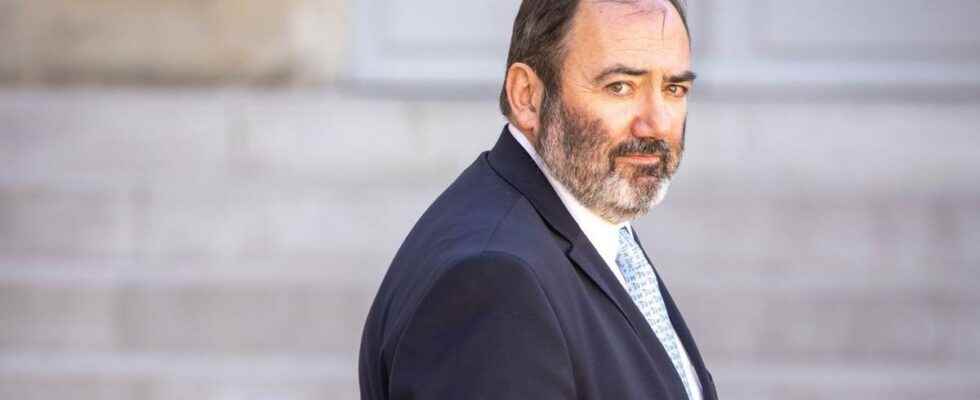The regulation of entries by the 15th and the increase in prices at night have been paid for and will be extended.
For the first time in ten years, emergency room attendance fell by 5% to 6%, welcomes François Braun. Proof that the remedies put in place by the Minister of Health this summer, following the report he had made just before his appointment when the system was on the verge of implosion, have been effective. A generally positive assessment, confirmed by a report from the General Inspectorate of Social Affairs (Igas) made public on Monday, even if certain measures need to be improved.
Public opinion will have retained that it is now necessary to call 15 before going to the emergency room, a regulatory measure which has made it possible to reduce unnecessary passages. But, an essential corollary to deal with the increase in calls, the profession of medical regulation assistant (ARM) must be valued.
Read alsoMobile teleconsultation units to relieve emergencies
On the management of downstream beds, another emergency bottleneck, several measures taken are going in the right direction: the fact of being able to have direct access to a specialist in the establishments, particularly in geriatrics, or even the creation of “bed manager”. Two measures “to be pursued as a priority” and to “support financially”, judges the Igas. The increased use of hospitalization at home (HAD) or temporary accommodation after hospitalization (HTSH) must also be encouraged.
Surcharge of 15 euros
The increase in night work in hospitals – a measure that costs 744 million euros in a full year – has proven effective: “she participated in avoiding departuress»affirms the Igas, alerting on “the very likely demobilization of personnel” if the measure were to be suspended. To relieve the hospital, the minister also mobilized private doctors and health centers, increasing the consultation by 15 euros for the management of unscheduled care. If the measure is deemed positive, Igas points the “risk of disorganization of the healthcare system that could result from the excessive development of immediate care centers to the detriment of primary care” and warns against bypassing the attending physician. Doctors and health insurance will have to adjust the situation within the framework of the ongoing conventional negotiations. In the meantime, the measure is maintained.
On the other hand, according to Igas, it is not justified to continue to reimburse 100% of teleconsultations while conventional consultations are reimbursed at 70%. Outside of a pandemic context, “telemedicine must continue to develop within the framework of common law”, notes the report. Similarly, the opening of on-call medical homes on Saturday mornings “has not proven its usefulness” and may include “chilling effects” term on liberal activity. Encouraging results to be confirmed.
SEE ALSO – Covid-19: should we worry about the BQ 1.1 variant?
